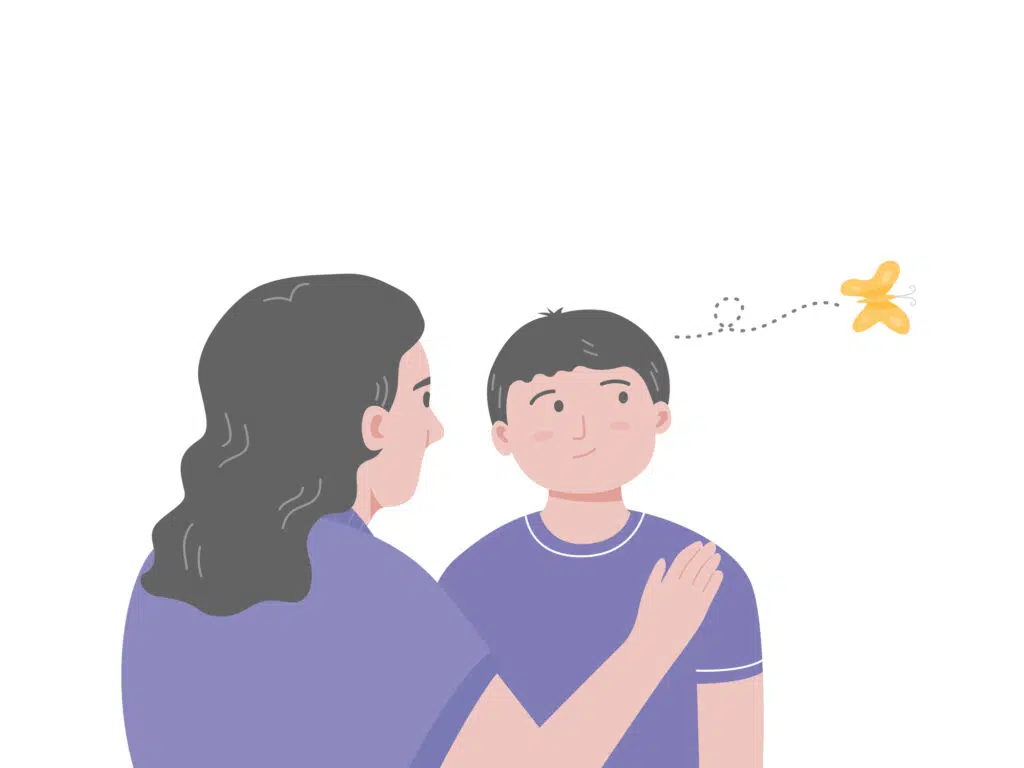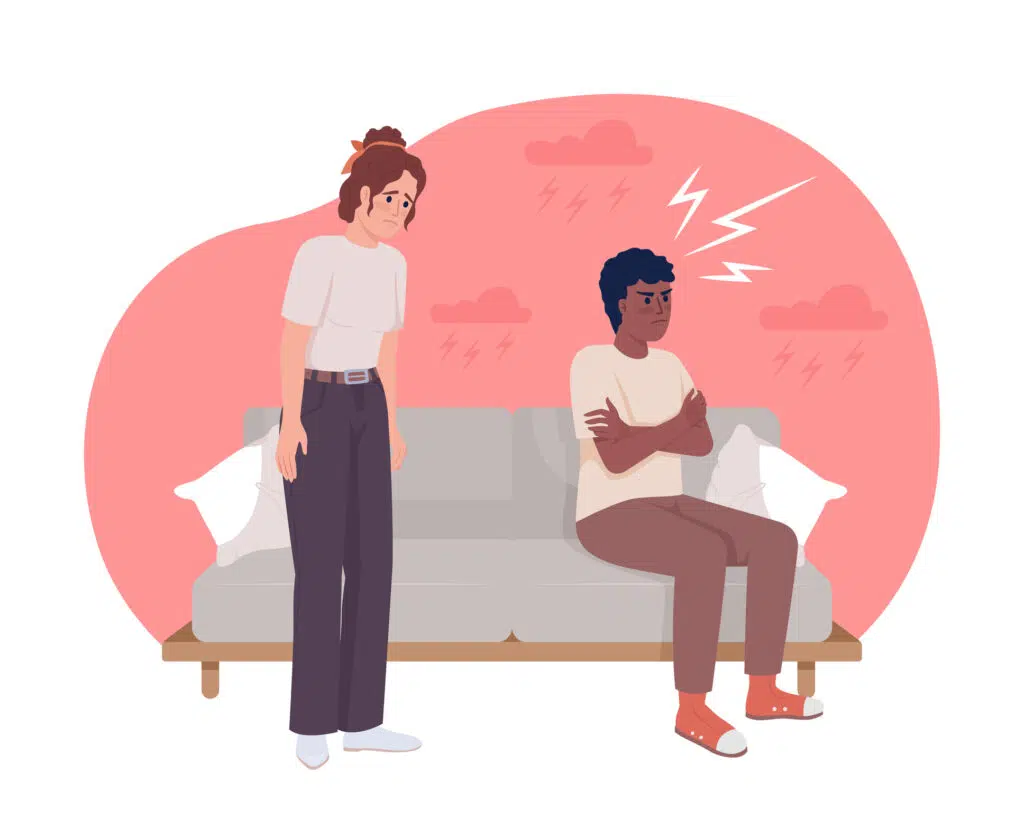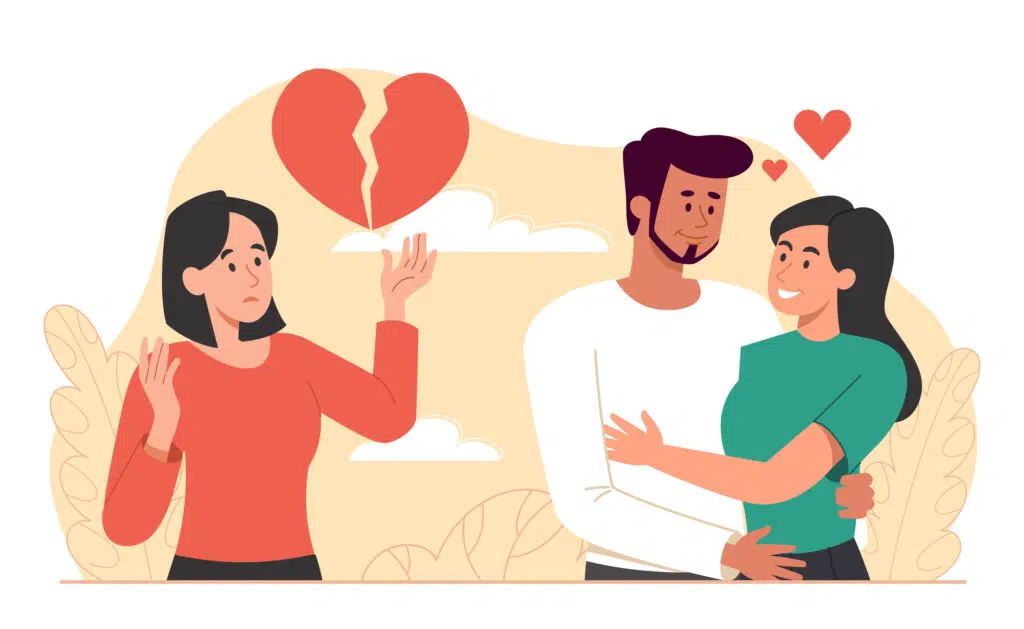Understanding The Role Of A Psychiatrist For ADHD

If you already have an ADHD diagnosis or think you may have ADHD, it could be a good idea to speak with a psychiatrist who specializes in ADHD. In this article, we break down the role that a psychiatrist has in treating ADHD and how to find a psychiatrist for ADHD.
What is ADHD, and Why is it Important to Seek Professional Help?
Attention-deficit/hyperactivity disorder (ADHD) is a mental health disorder associated with behavior patterns involving inattention, hyperactivity, and impulsivity.
The symptoms of ADHD can present differently in adults and children. So, ADHD could look more obvious in children as adults may cover up symptoms or make other excuses. In adults, someone with ADHD may be labeled as “lazy” because of the misconception of how ADHD affects people. There are also gender differences in ADHD, with females more likely to present with inattentive symptoms and males more likely to show combined symptoms and higher impulsivity.
Warning signs that you may have ADHD include:
- Being disorganized and late
- Easily distracted
- Struggling to regulate emotions
- Inability to focus
- Carelessness and impulsiveness
It’s important to talk about ADHD, as raising awareness will help create better work and school environments to help people with ADHD thrive. It will also encourage those who think they might have ADHD to speak to a professional. There is some overlap between ADHD symptoms and other mental health conditions. By talking to a mental health professional, they can determine your diagnosis and start to figure out the best treatment plan.
Psychologist Vs Psychiatrist For ADHD?
Should you see a psychologist or psychiatrist for ADHD? Which one is better? The answer really depends on your individual situation.
Psychiatrists are medical doctors who can prescribe medication, diagnose mental illness, and treat a range of mental health conditions. Psychologists are not medical doctors and can’t prescribe medication. Instead, they provide mental health treatment using talking therapies, like cognitive behavioral therapy (CBT).
There are key differences between psychiatry and therapy, but both or one can be a part of ADHD treatment. Many people see a psychiatrist based on a referral from their doctor, or their therapist may recommend speaking with a psychiatrist.
There are a number of reasons to see a psychiatrist, such as excessive worry, difficulty controlling emotions, or a sharp increase in mental health symptoms. A psychiatrist can help treat mental health disorders, including ADHD, depression, and anxiety.
Some people think that talking with a psychiatrist automatically means you have to take medication, but that’s not the reality. There are several benefits of seeing a psychiatrist for ADHD:
- Increase clarity and understanding of ADHD
- Monitor the effects of medication
- Manage comorbid disorders like depression and anxiety
- Improve ADHD symptoms
- Manage how ADHD affects your physical health
Assessing and Diagnosing ADHD
The ADHD treatment landscape is vast and can include non-medical and medical interventions. Many people no longer solely rely on family doctors and physicians for their mental health treatment. Several professionals can be a part of ADHD treatment, like therapists, psychiatrists, nurse practitioners, and counselors. By understanding the way different professionals can treat ADHD, you can look to create the highest level of ADHD care for yourself or a loved one.
So, who can diagnose ADHD?
Several professionals can diagnose ADHD, including:
- Physicians (e.g., psychiatrists and neurologists)
- Psychologists
- Nurse practitioners
- Licensed counselors and therapists
There is no single test that professionals use when diagnosing ADHD; instead, they will use a combination of elements. When diagnosing adult ADHD, healthcare providers use the American Psychiatric Association’s Diagnostic and Statistical Manual, Fifth Edition (DSM-5). The evaluation process will look at the following:
- The number of symptoms, severity, and duration
- The degree to how symptoms interfere with daily function
When talking about how ADHD symptoms interfere with your day-to-day, this could be how it impacts your work, relationships, and personal life. For example, if ADHD symptoms result in a person getting into financial issues because they missed a payment deadline or lost a job, then their daily function is impaired.
The Role of a Psychiatrist in Treating Adult ADHD: Medication Management and Therapy
In ADHD, a psychiatrist will be able to help with diagnosis and prescribing medication, with stimulants being the most common type of medication for ADHD. Typically, ADHD treatment involves both medication and therapy. The reason to combine the two is that medication can help to improve ADHD symptoms, but it doesn’t cure it. By reducing the severity of symptoms, medication can give an individual the opportunity to learn, develop coping skills, improve self-esteem, and boost time management through therapy. That’s where psychiatry and therapy can complement one another while offering different ways to treat ADHD.
Keep in mind that medication is not the only option, and some people choose not to go on medication. Speaking to a psychiatrist doesn’t mean you have to do anything; you’re simply gaining a medical perspective to make an informed decision about your mental health.
The Importance of Individualized Treatment Plans: Tailoring Interventions To Meet Specific Needs
People with ADHD have individual needs, so it’s important to tailor treatment to those unique needs. The aim of ADHD treatment is to minimize the impact ADHD symptoms have on a person’s life. A collaborative approach to managing adult ADHD could include the following:
- Therapy
- Medication
- Exercise
- Proper sleep
- Healthy diet
- Relaxation techniques
Medication is a part of the ADHD treatment toolkit. While there is no cure for ADHD, medication can help to boost concentration, improve the ability to focus and enhance quality of life if ADHD symptoms significantly impact your ability to function.
Support networks for adults with ADHD can also be useful as they are a safe space to talk about specific challenges. You can share coping strategies and meet like-minded people going through similar struggles.
Finding the Right Psychiatrist for Adult ADHD
To find a psychiatrist, often the first step is being referred by your therapist or doctor. Typically, you don’t need a referral to see a therapist, but you do need a referral to see a psychiatrist. Then, your doctor may give you information about psychiatrists in your area, or you can search online for a psychiatrist near you that specializes in ADHD.
When choosing a psychiatrist for ADHD, look for someone with experience in treating ADHD. Also, think about whether you would prefer an in-person or online psychiatrist. Many psychiatry appointments are carried out online. Online psychiatry works very similarly to online therapy, with psychiatrists able to prescribe and manage medication online, with some exceptions.
ADHD affects people of all ages; here are some resources available to learn more about treatment, support, and the options you have available:
- Children and Adults with Attention-Deficit/Hyperactivity Disorder (CHADD) – a nonprofit organization supporting those affected by ADHD.
- American Psychiatric Association – organization of psychiatrists with educational resources on psychiatry and various mental health disorders.
- Attention Deficit Disorder Association (ADDA) – contains plenty of information and resources for adults with ADHD and raising awareness.
Thriving Center Of Psychology: Seeking Help From A Psychiatrist For ADHD
Psychiatrists are specialists in diagnosing and treating various mental health disorders, including ADHD. If you require medication, a psychiatrist can keep an eye on the effects and make adjustments as you need them.
If you think you have ADHD, it’s important to speak with a mental health professional who can help you to develop the best treatment plan for your needs. Thriving Center of Psychology provides psychiatry services in New York and California. Request an appointment or call our NYC or LA offices to start your journey to better health today.

How to Move On After a Friendship Breakup
Friendship breakups can sting just as much as a romantic breakup. After all, you’re experiencing a loss of shared history and an understanding of each other that can leave you feeling lonely and isolated. Not all friendships are forever, but moving on from the loss of a friendship does take time and some self-compassion.

Signs You’re in a Toxic Relationship
A toxic relationship can chip away at your well-being and happiness. Toxic partners can be manipulative and charming, making it difficult to recognize the signs that you’re in a toxic relationship. You deserve to be in a supportive and healthy relationship.

10 Common Marriage Reconciliation Mistakes to Avoid After Infidelity
Infidelity can leave couples devastated. If you’ve been affected by infidelity and want to salvage your relationship, rebuild trust, or make a tough decision, keep reading for 10 common reconciliation mistakes to avoid after infidelity.

Survey: 72% of Americans are Stressing About the Upcoming Presidential Election
Political viewpoints in the U.S. have always been contentious, but is the impact of politics in the United States making it difficult for people to live their everyday lives? With some anticipating another brutal and long campaign season ahead of the upcoming 2024 presidential election, nearly half of Americans say politics is negatively impacting their mental health.




